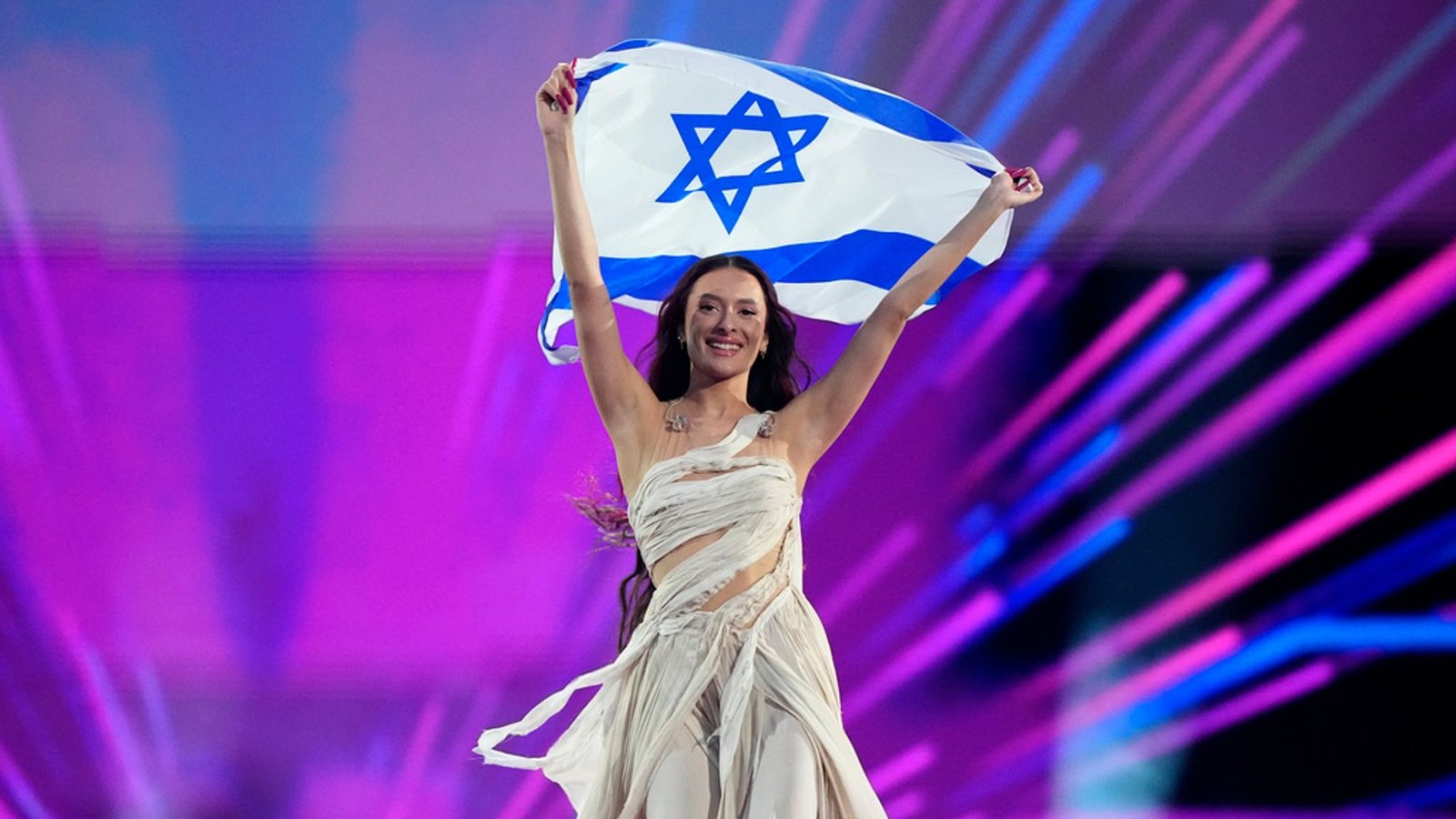Ireland Will Not Participate in Eurovision if Israel is Allowed to Take Part
Ireland has made headlines after announcing that it will not participate in the upcoming Eurovision Song Contest if Israel is allowed to compete. This decision has sparked heated debate across Europe, with supporters praising Ireland for taking a stand and critics accusing Dublin of politicizing the music competition. The controversy has quickly become one of the biggest talking points in the run-up to Eurovision 2025.
Why Ireland is Threatening to Boycott Eurovision 2025
The Irish national broadcaster, RTÉ, confirmed in a statement that it is considering a boycott over what it calls “ongoing human rights concerns.” The decision comes amid renewed calls from activists and several European artists to exclude Israel from Eurovision due to its ongoing military actions in Gaza and the West Bank.
Irish officials argue that participation would be “inconsistent with Ireland’s stance on international humanitarian law.” According to reports, Ireland’s parliament has also seen growing public pressure, with petitions signed by thousands of citizens urging RTÉ to withdraw unless the European Broadcasting Union (EBU) takes action against Israel.
Background: Eurovision and Political Controversies
Eurovision, one of the world’s most-watched music competitions, has often been at the center of political controversies. Although the contest is officially apolitical, participating countries have repeatedly faced scrutiny over human rights issues, conflicts, and diplomatic disputes.
Activists argue that Israel should face a similar ban for its actions in Gaza. Ireland’s threat to pull out echoes the growing chorus of voices demanding accountability from the EBU.
Reactions Across Europe
The Irish announcement has triggered mixed responses across Europe. Some countries’ artists have expressed solidarity with Ireland’s position, while others have warned against politicizing a music event that is meant to bring nations together.
Supporters of Ireland’s move point out that Eurovision has previously taken decisive action on political matters. “You cannot separate music from morality,” said one Irish artist who participated in a past Eurovision. “When there are humanitarian crises, we must take a stand.”
Critics, however, argue that such decisions could fragment the contest and lead to boycotts from multiple sides. “Eurovision’s strength is its ability to transcend politics,” said a spokesperson from the EBU. “Our goal is to unite audiences, not divide them.”
Public Opinion in Ireland
Public opinion polls in Ireland show strong support for a boycott. Social media campaigns under hashtags like #BoycottEurovision and #IrelandForGaza have trended in recent weeks. Irish musicians and activists have also staged protests outside RTÉ headquarters, demanding that the broadcaster uphold Ireland’s human rights commitments.
Ireland holds the record for most Eurovision wins, with seven victories, and has historically been a favorite among fans of the contest.
Implications for Eurovision 2025
If Ireland follows through with its boycott, it could set a precedent that encourages other countries to take similar action. This could lead to a major shake-up of the competition.
For Eurovision organizers, the challenge lies in balancing inclusivity with ethical considerations. The EBU has stated that it will review Ireland’s concerns but has not yet made a final decision about Israel’s participation.
Israel’s Response
Israel has defended its right to participate, arguing that Eurovision is a cultural event that should not be politicized. Israeli officials say they are committed to sending a delegation to Eurovision 2025 regardless of the controversy, accusing critics of singling out Israel unfairly.
In a statement, Israel’s national broadcaster said, “Eurovision should be about music, not politics.
What Happens Next?
The Eurovision organizing body will confirm the final list of Eurovision 2025 participants in the coming months”. Whether Ireland ultimately withdraws may depend on how the EBU handles the situation and whether other countries join the call for Israel’s exclusion.
In the meantime, the debate is likely to intensify. Activists continue to mobilize, and media coverage has brought global attention to the issue. Eurovision fans are eagerly waiting to see if the contest will face one of its most politically charged moments in history.
The announcement that Ireland will not participate in Eurovision if Israel is allowed to compete is more than just a music controversy. it is a reflection of deeper political tensions playing out on a global stage. you support or oppose Ireland’s stance, there is no doubt that Eurovision 2025 will be one of the most closely watched editions in recent memory.
For now, all eyes are on the EBU as it navigates this diplomatic and cultural storm. The decision could shape not only the future of Eurovision but also the role of music in addressing global political issues.





